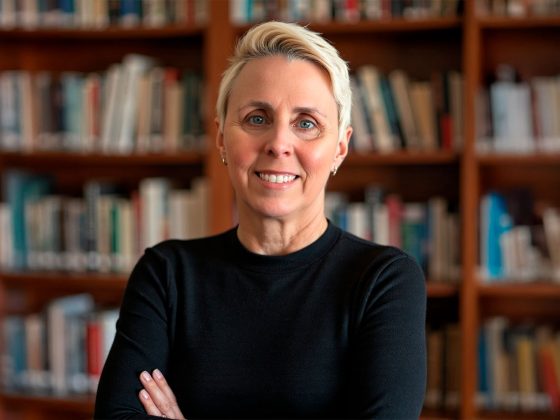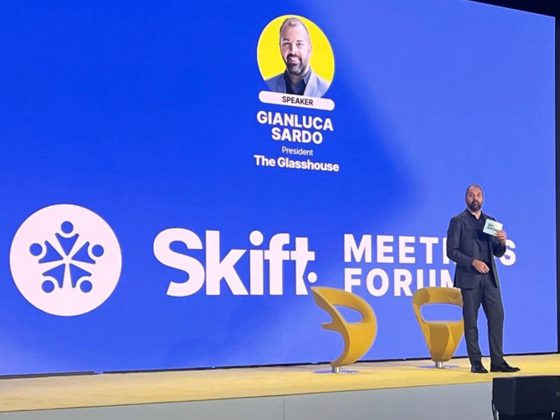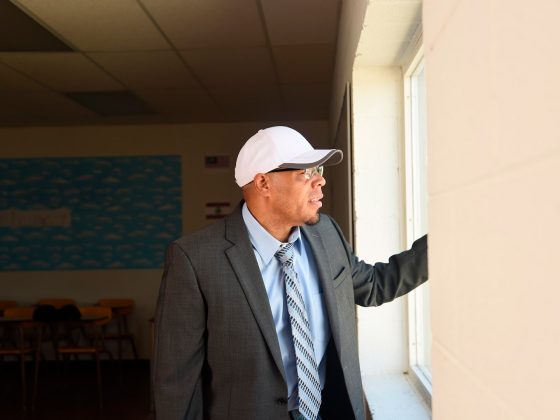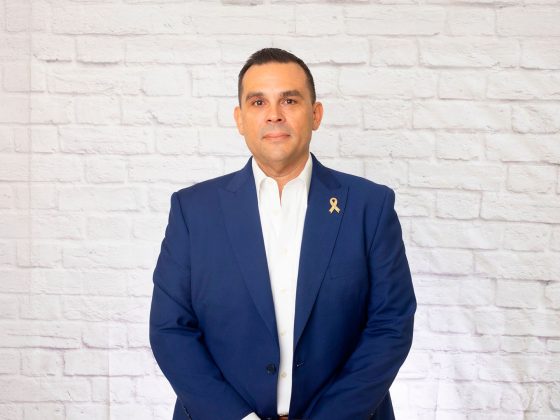By embracing emerging technology while never losing sight of the human element, John Campbell Crighton has carved out a reputation as one of the foremost experts in leading high-performing distributed software teams. With over two decades of experience in software development, AI transformation, and global leadership, John brings both technical acuity and deep emotional and cultural intelligence to the forefront of modern team management.
A Proven Track Record of Global Leadership
As a CTO with more than 15 years of experience leading geographically diverse teams, Crighton has consistently delivered software solutions at scale, managing teams across North America, Asia, and Europe while building platforms that serve over 100,000 users. His work has spanned industries such as healthcare, finance, energy, and technology, often requiring high levels of adaptability and technical fluency. “I’ve got a long history now of managing global teams of technical professionals, including software developers, software testers, software support specialists and software implementation teams,” he says.
That breadth of experience includes overseeing and standardizing complex software ecosystems like Electronic Medical Records (EMR) and Revenue Cycle Management (RCM) platforms, integrating AI tools, and driving upgrades across systems ranging from CRMs to mobile apps. His ability to coordinate efforts across multiple disciplines has led to measurable improvements in operational efficiency, software performance, and product scalability. What this depth of experience has revealed is that successful distributed leadership is about anticipating complexity and architecting teams and systems that can thrive within it.
Standardization: The Backbone of Collaboration
Over the years, he’s seen teams evolve from fragmented processes into unified ecosystems built on widely adopted platforms like Jira, Confluence, and GitHub. “When everyone is using the same tools, team morale and cohesion improve,” he explains. “There was a time when different teams used different systems, which made collaboration a challenge. Now, global teams are working in lockstep using exactly the same toolset.”
That shift toward tool unification doesn’t just enhance internal communication, it also opens doors to powerful integrations that can strengthen an organization’s entire software development lifecycle. “You’re not really totally relying on Atlassian or GitHub,” he adds. “You can bring in external tools that plug into those ecosystems and make your team that much stronger.” This kind of foresight has allowed Crighton to lead large-scale DevOps transformations, including cloud migrations to AWS and implementation of QA automation frameworks that dramatically increased coverage and speed.
Amplifying Productivity Through AI
Crighton recognizes that artificial intelligence has moved well beyond hype, especially in the context of distributed teams. Rather than displacing workers, AI serves as a force multiplier, enabling developers at all levels to outperform their historical benchmarks. “An entry-level or mid-level developer can do two or three times as much if they leverage AI. A senior developer can sometimes do even more than that,” he says. “It’s about putting AI to work across the entire tech stack to increase the capacity and speed of your team.”
AI-driven enhancements have been pivotal in streamlining clinician workflows, automating tedious reporting tasks, and introducing intelligent decision support tools. This not only results in efficiency gains but also allows companies to reallocate human capital to higher-value tasks.
Cultural Intelligence in a Borderless Workplace
One of his most compelling leadership traits is his focus on the cultural and emotional well-being of his teams. For him, leading distributed teams isn’t just a matter of logistics or managing time zones. It’s about understanding the people behind the work. “We talk a lot about emotional intelligence, which is critical,” he says. “But for global leaders, cultural intelligence is equally important.” That means recognizing national holidays, celebrating local traditions, and fostering a work environment that feels inclusive across continents. “We celebrate those on our team. We really embrace that.” This thoughtful approach to leadership has led to exceptional retention rates and sustained growth across organizations, even in high-pressure startup environments with fast-scaling needs and complex stakeholder demands.
Looking Ahead
John Campbell Crighton’s career speaks for itself: a history of leading software organizations through transformation, driving growth through AI, and elevating distributed teams into cohesive, high-output units. His ability to blend cutting-edge technology with deeply human leadership is exactly what sets him apart as the conversation around remote work, AI, and global collaboration continues to evolve.
For more insights on the future of remote software leadership, follow him on LinkedIn or YouTube, or visit his website.










